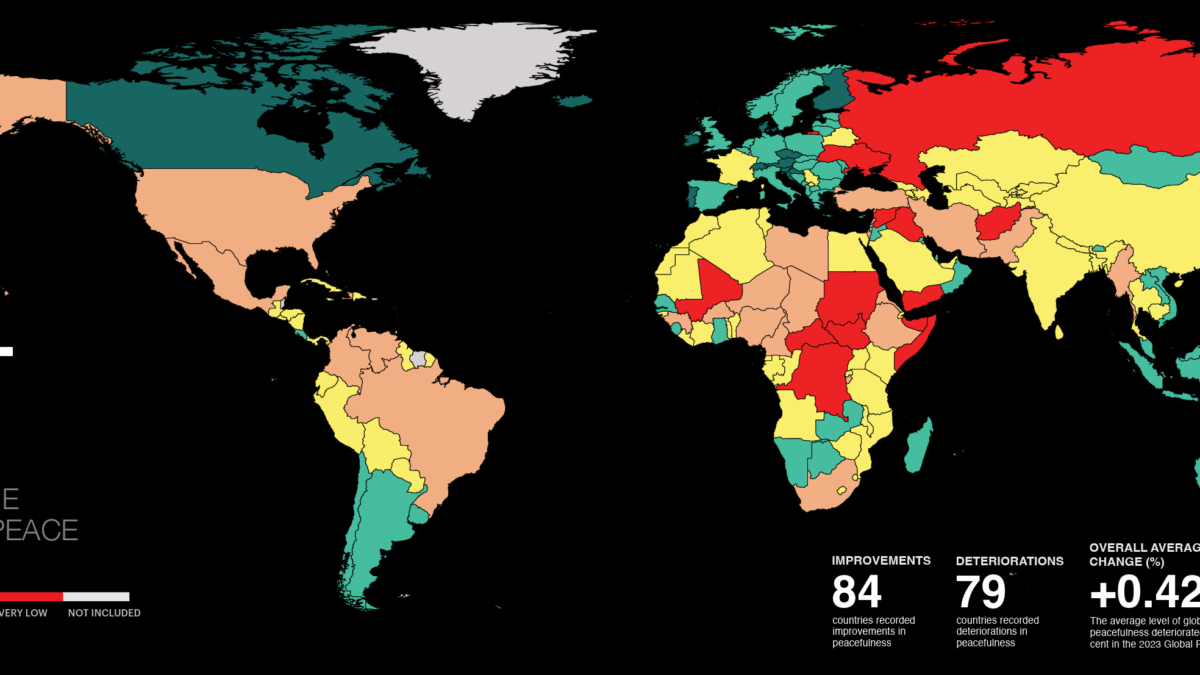Lockdowns and face masks “unequivocally” cut spread of Covid, report finds

24 August 2023 (PA Media) – Measures taken during the Covid pandemic such as social distancing and wearing face masks “unequivocally” reduced the spread of infections, a report has found.
Experts looked at the effectiveness of non-pharmaceutical interventions (NPIs) – not drugs or vaccines – when applied in packages that combine a number of measures that complement one another.
The Royal Society report, titled Covid-19: examining the effectiveness of non-pharmaceutical interventions, reviewed the evidence gathered during the pandemic for six groups of NPIs and their effectiveness in reducing transmission.
These included masks and face coverings, social distancing and lockdowns, test, trace and isolate, travel restrictions and controls across international borders, environmental controls, and communications.
When assessed individually, there was positive – if limited – evidence of transmission reduction from many of the NPIs used in the pandemic, the review found. However, evidence of a positive effect was clear when countries used combinations of NPIs.
Additionally, evidence showed NPIs were most effective when the intensity of transmission was low, supporting their use early in a pandemic and at first sign of resurgence.
During the early stages of responding to an emerging infectious disease, NPIs tend to be the only controls available before the development of drug treatments and vaccines.
However, as was seen during the pandemic, their use can have adverse personal, educational and economic consequences – making assessment of their effectiveness essential.
Prof Sir Mark Walport, the foreign secretary of the Royal Society and chair of the report’s expert working group, said: “There is sufficient evidence to conclude that early, stringent implementation of packages of complementary NPIs was unequivocally effective in limiting Sars-CoV-2 infections.
“That does not mean every NPI was effective in every setting, or at all times, but learning the lessons from the wealth of research generated in this pandemic will be key to equipping ourselves for the next one.”
The review found social distancing and lockdowns were the most effective category of NPIs. Stay-at-home orders, physical distancing and restrictions on gathering size were repeatedly found to be associated with significant reduction in Sars-CoV-2 transmission. The more stringent the measures were the greater the effect they had, the experts found.
In care homes, measures such as cohorting and visitor restrictions were associated with reduced transmission and reduced outbreaks.
Additionally, the report found that in school settings, closures and other distancing measures were associated with reduced Covid-19 cases, but the effectiveness varied depending on a range of factors, including adherence and pupils’ ages.
When looking at the use of face masks and mask mandates, studies consistently reported the measures were an effective approach to reduce infection. The evidence further indicates higher-quality respirator masks – such as N95 masks – were more effective than surgical-type masks.
Assessing test, trace and isolate measures, studies from several countries which implemented high levels of contact tracing, with isolation of infected individuals and their contacts, found reductions in Covid-19 deaths.
For the future, the report recommends establishing international protocols for conducting clinical trials and observational research on NPIs in advance of further pandemics.
Prof Christopher Dye, professor of epidemiology at the University of Oxford, said: “The next thing is Disease X as WHO (World Health Organization) has called it.
“We don’t know what it’s going to be, we don’t know where it’s going to appear. So we need a system which is generic enough in character to handle anything of that kind, and for me, the number one priority is to have a global system of surveillance response.” [more]
Lockdowns and face masks ‘unequivocally’ cut spread of Covid, report finds


